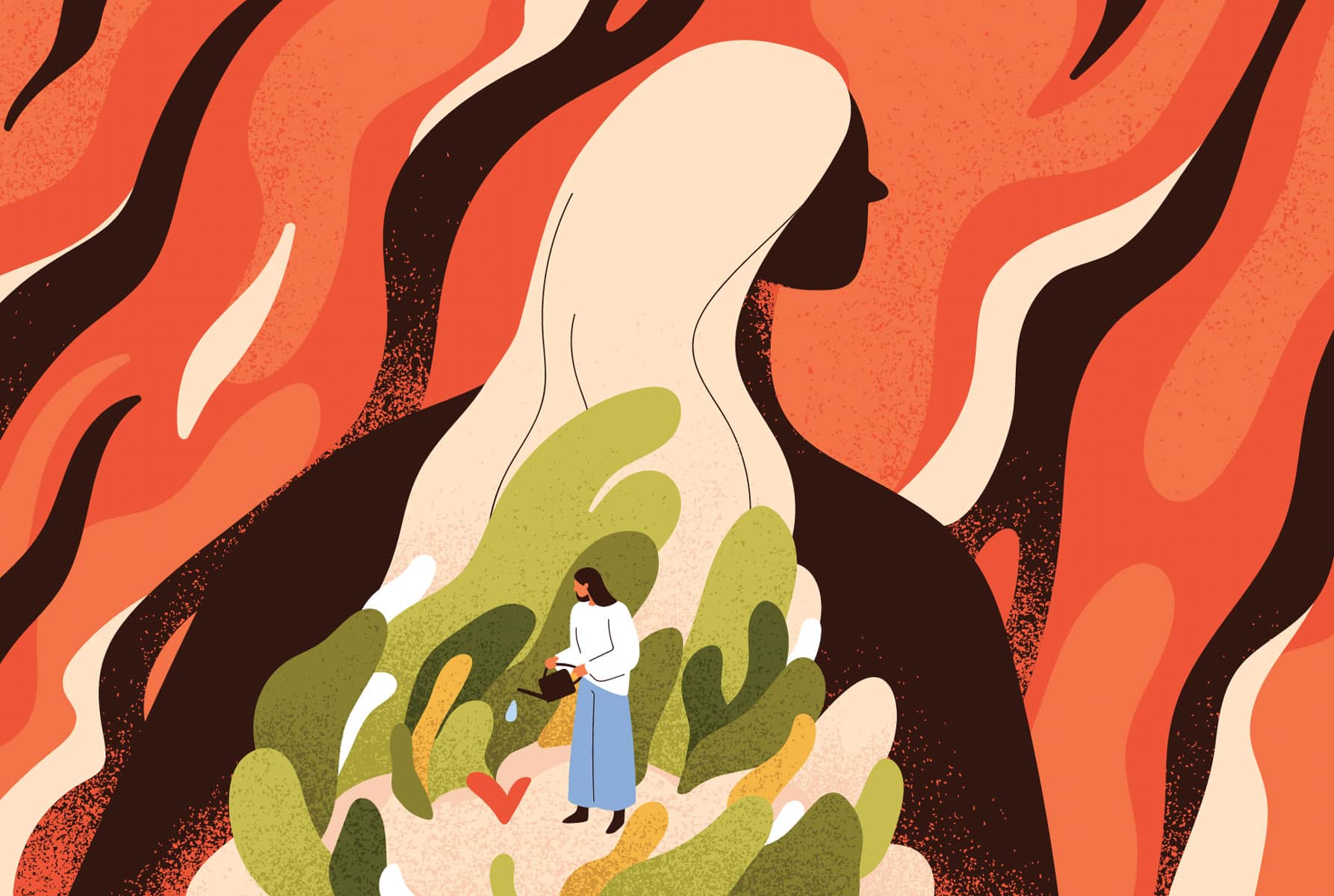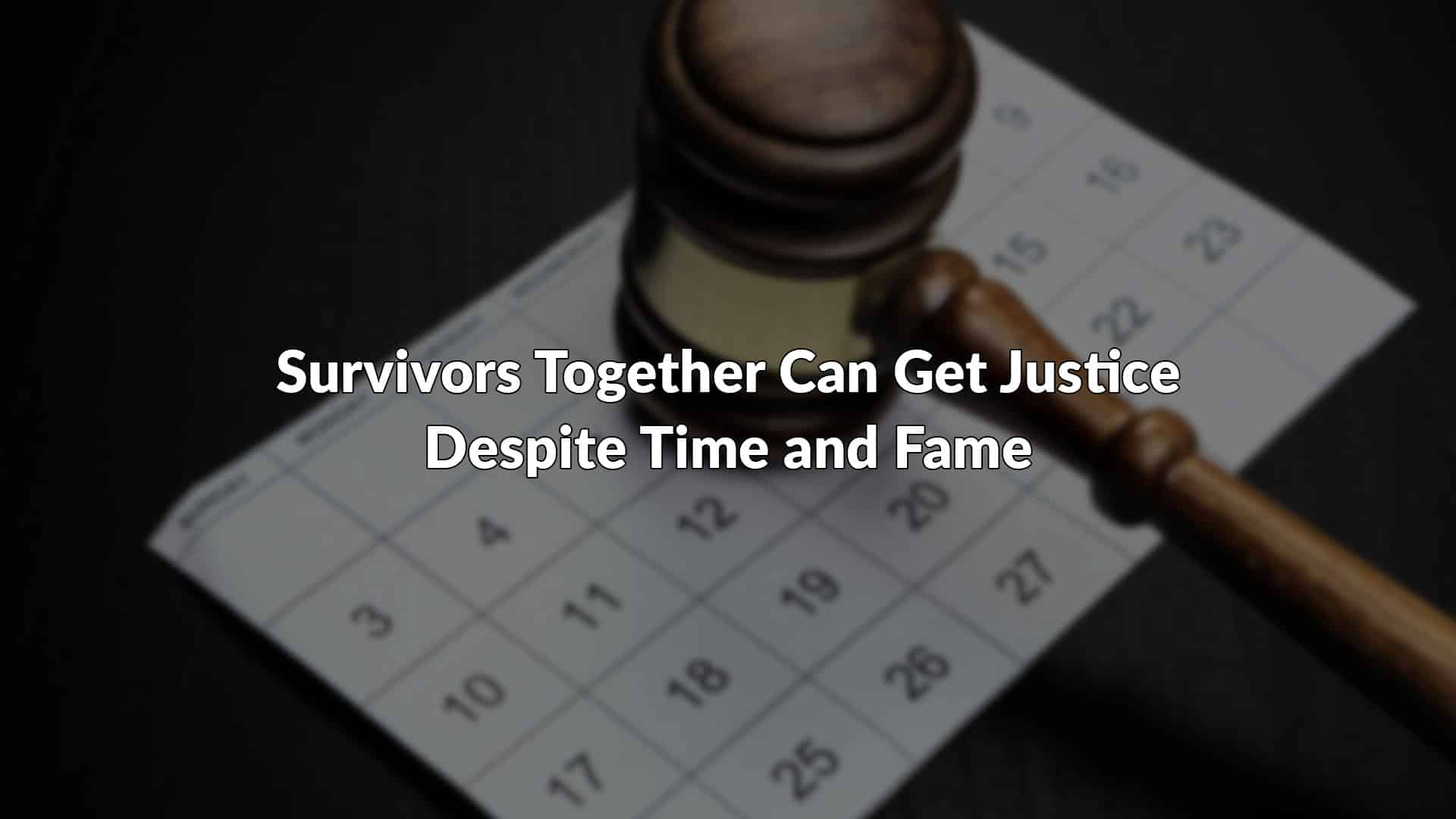Summary
The Amara Legal Center provides free legal services to both survivors of sex trafficking and to sex workers. In approaching the debate on the decriminalization of prostitution and related crimes, Amara supports legislative reforms to prevent our clients from being arrested, while also ensuring strong laws stay on the books to investigate criminal acts of commercial sexual exploitation, or trafficking.
Introduction
DC Councilmember David Grosso introduced the Reducing Criminalization to Improve Community Health & Safety Amendment Act of 2017 on October 5, 2017. The bill proposes to eliminate criminal prohibitions and penalties for sex work and related crimes, retain prohibitions on coercion or exploitation, including current law on minor involvement in commercial sex and human trafficking laws, and create a task force to evaluate the effect of removing the criminal penalties and recommend further efforts to promote public safety and health and human rights.
The Amara Legal Center recognizes that the current system of criminalization of commercial sex does not, in general, achieve the outcomes our clients desire. For our clients who are survivors of sex trafficking and seeking some form of relief for the harms they suffered, they rarely find a sense of restoration or relief through engaging with the criminal justice system as a victim. For our clients who are sex workers, their main interactions with the justice system are traumatizing and stigmatizing arrests and instances of harassment from police officers. We believe that a better approach is possible, and are therefore proud to serve as advocates for the reform of DC’s prostitution laws.
Decriminalization of Prostitution
The Amara Legal Center strongly supports efforts that stop the exploitation of our clients, including exploitation in the criminal justice system. Amara supports decriminalizing prostitution, which is the selling of sex. Criminalizing individuals who sell sex by choice, coercion, or circumstance serves to continue a cycle of instability and vulnerability. Criminalization saddles them with criminal records that drastically reduce their ability to find other employment, obtain stable housing, and pursue higher education. It also negatively impacts their ability to seek help from police or medical professionals due to fear of arrest. Furthermore, criminalizing individuals who sell sex disproportionately affects people of color, LGBTQ individuals, and people living in poverty and homelessness.
Decriminalization of Solicitation, Pandering, Brothels
At this time, Amara is not prepared to take a position on the decriminalization of solicitation of sex, pandering, and brothel operation. Amara is continuing to discuss these issues with current and former clients. Because Amara is primarily a direct legal representation organization, we must be careful to take positions which align with our clients’ desired outcomes. As lawyers for a group of people with diverse desires, it may not be possible to find an outcome which is in line with all their desires.
Amara recognizes the harms caused to our clients under the current law, such as the potential for the criminalization of a sex worker who assists a fellow sex worker with the commercial aspects of her business or criminalization of sex workers attempting to keep each other safe by working together. Amara also wants to avoid scenarios where victims of trafficking are being charged with pandering after being forced to control their trafficker’s other victims. However, Amara wants to ensure that law enforcement has the tools necessary to fully investigate acts of commercial sexual exploitation, such as the trafficking of minors and adults and the buying of sex from minors or trafficked adults. It is important to Amara that DC’s local human trafficking laws continue to be enforced, regardless of the any potential decriminalization of solicitation, pandering and brothel operation.
Community Engagement
Amara is excited to engage with our clients and community stakeholders on this issue. Amara is also looking to our clients for creative ideas. For our clients who have been victimized through trafficking, the overwhelming majority are interested in receiving financial restitution for the harms caused and an apology, both of which could come from the civil law system. Although many people who do not work directly with recent survivors of trafficking in DC may find it surprising, many survivors with whom Amara is currently working with are not interested in seeing their traffickers receive criminal penalties. We recognize that the current system of criminalization is not effective and we are open to innovative approaches, including restorative justice models. Furthermore, we hope that this bill will bring more attention to the needs of sex workers, including the need for safety and an opportunity to call law enforcement when in danger. Most importantly, we hope that this bill will help bring sex workers more dignity and more opportunities to live self-determined lives.



